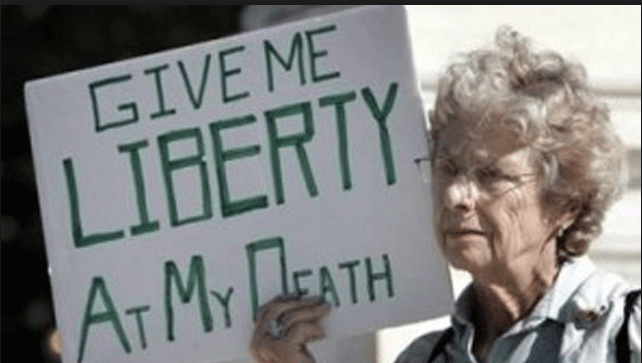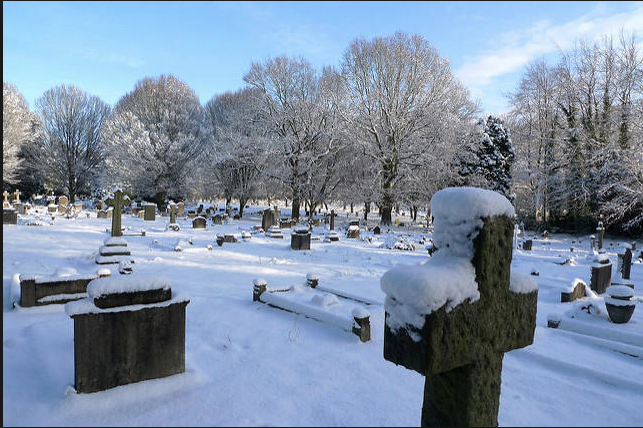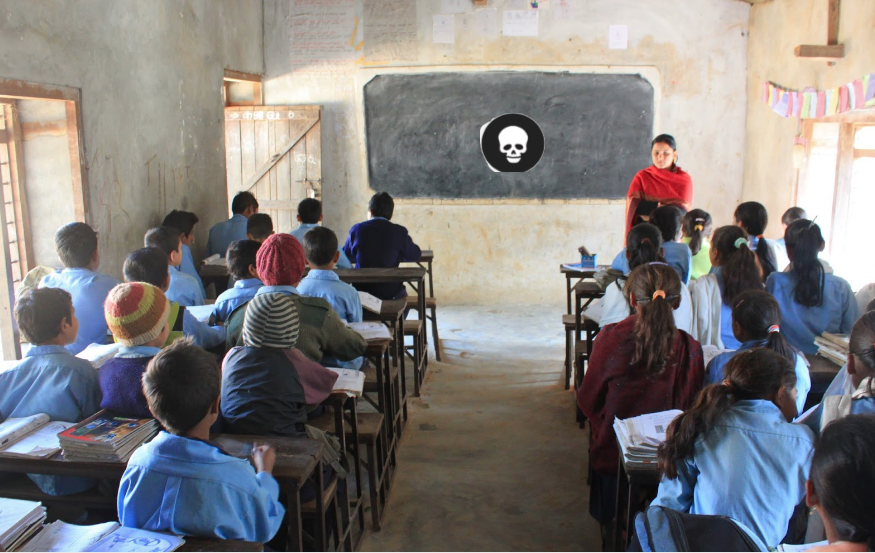Hawaii has become the seventh U.S. state or district to legalize doctor-assisted suicides, joining California, Colorado, Oregon, Vermont, Washington state and the District of Columbia. They don’t make it easy (a good thing, if you ask us). According to the law, the patient must make two requests for the life-ending medication, with a twenty-day waiting period after each request, and put the request in writing, which must be witnessed by two people, only one of whom can be a relative. Also, two doctors must agree with the patient’s diagnosis, their prognosis, their mental state, and that the patient is requesting their help voluntarily. And a state commissioner must decide if the patient’s decision is not due to untreated depression.
The cemetery board of Monte Vista, Colorado has pointed out an unexpected climate change issue. Because of the warmer winters, the cemetery will be taking in some $3,000 less in FY 2017-2018 because they can’t collect the $200 “thawing fee” when the ground isn’t frozen. That also means greater watering fees, because the run off isn’t what it’s been in the past. Among the solutions to the latter problem, the board will look into solutions such as native flowers and plants that need less water. “Sustainability and creativity” are the watchwords for cemetery growth, they said, and watering the entire cemetery will soon become too great a fiscal and environmental burden.
While waiting for his father to be cremated,Ambalappuzha, India student Arjun Sajeevan paid his respects in a way he knew his father would appreciate: by taking the final exam for his school year. When 53-year-old Thottappally Karthikayil Sajeevan collapsed and died Tuesday night, his friends, teachers—even his family—knew there was only one thing he could do. His father had put to much stress on his children getting an education, they all convinced Arjun to take his exam. The family even went to the expense of keeping the body in a private mortuary until Arjun completed his exams.



